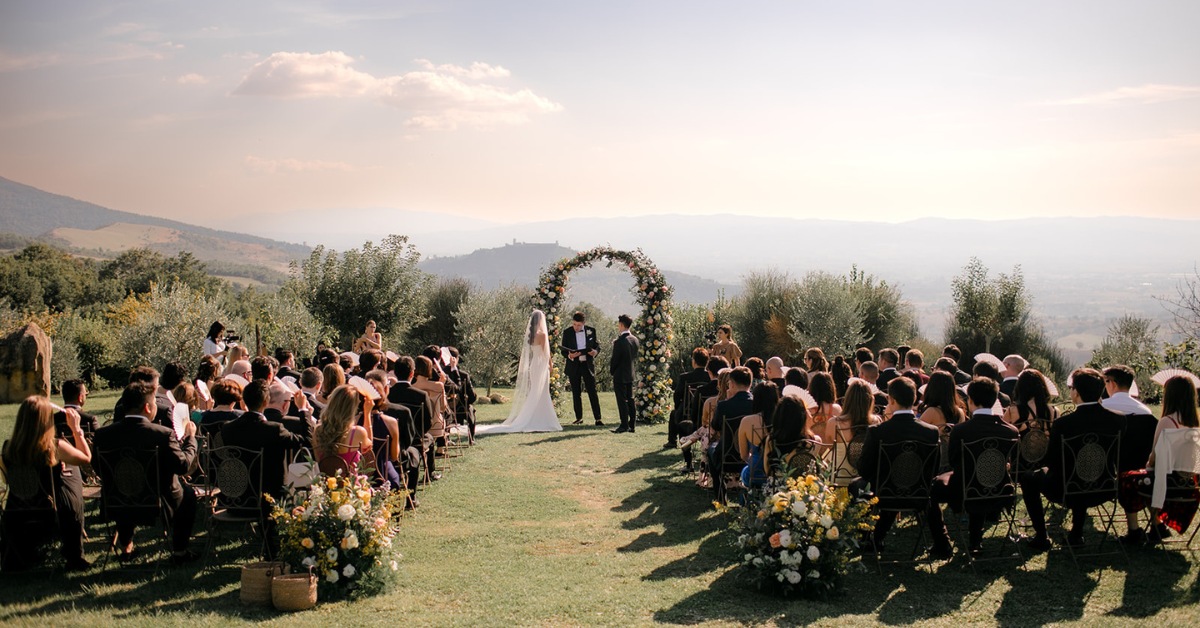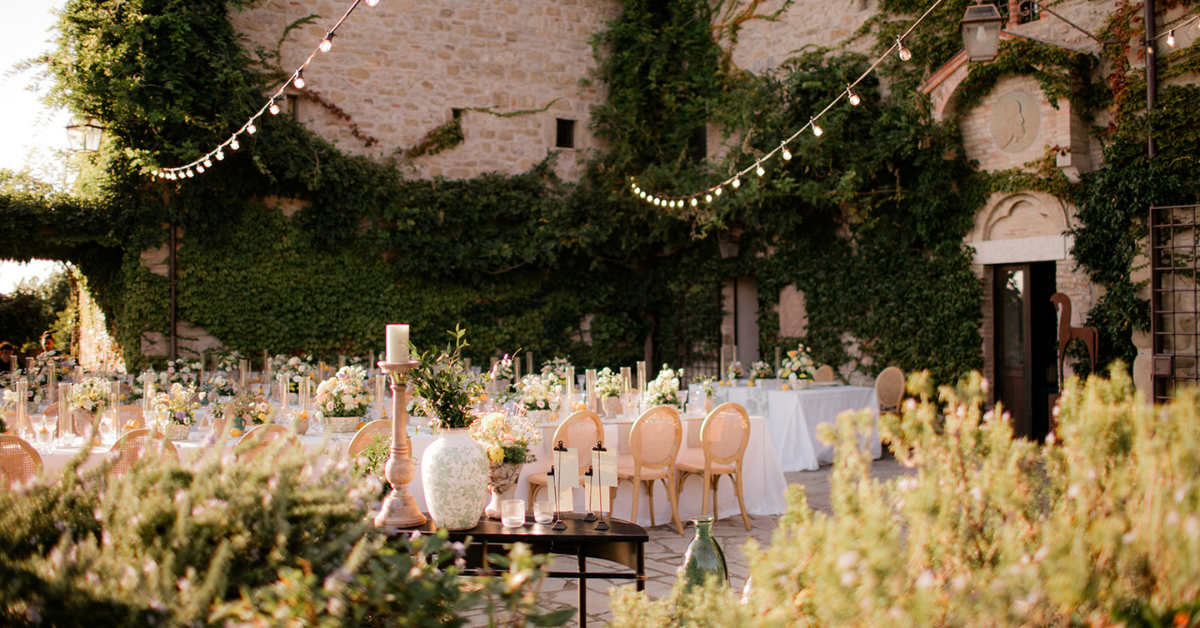Having a local wedding planner is the winning card for a perfect destination wedding in Italy.
There are many advantages of choosing a wedding planner who lives and works in Italy, such as, the know-how; their knowledge of the territory, and of the suppliers who work there, and last but not least, their ability to always obtain what is best for each individual couple.










